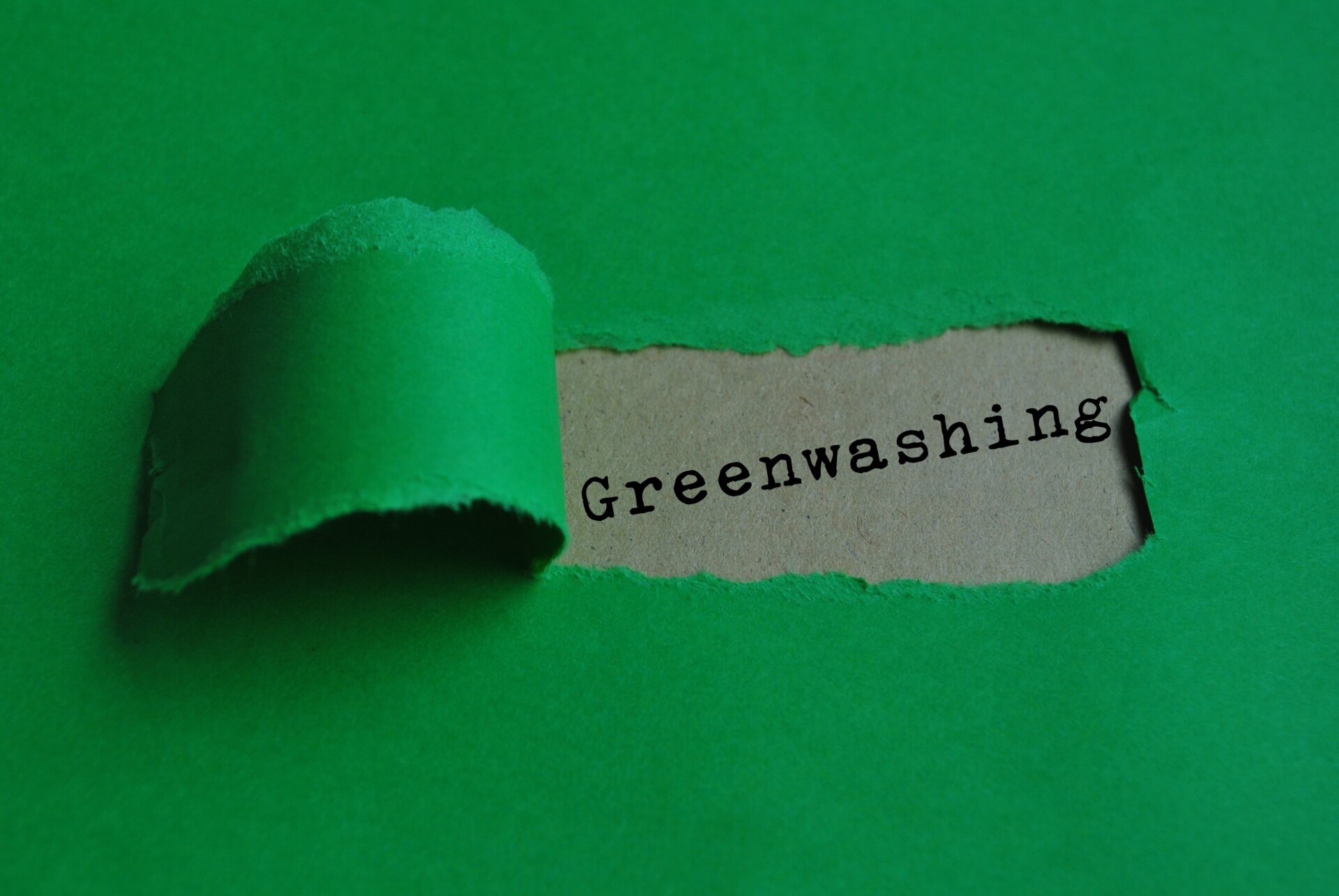
Greenwashing and the Meaning of Sustainability
More and more companies are committed to environmental protection and sustainable business practices. Those who do so should be allowed to talk about it - as long as the communication is in line with actual environmental protection measures.
The definitions of key terms such as "carbon neutral" or, in the financial sector, "ESG investment funds", are often vague. Therefore, communicating a company's commitment to sustainability has become a challenge that should not be underestimated. Sometimes, companies choose not to communicate at all. This so-called "greenhushing" reflects an unfortunate development.
Negative examples dominate reporting and there is a lack of encouraging role models. Good sustainability communication can have a positive impact: Honest narratives and flagship projects show that a commitment to the environment is also economically attractive, promotes long-term value creation and fosters stability.
Focus on greenwashing
The term greenwashing was first coined in 1986 by environmentalist Jay Westervelt, who published a report on hotel industry practices to promote the reuse of towels. To date, the phenomenon of greenwashing has been defined in several dictionaries. Webster's New Millennium Dictionary of English defines greenwashing as "the practice of promoting environmentally friendly programs to divert attention from an organization's environmentally unfriendly or distasteful activities”.
In 1999, the term was added to the Concise Oxford English Dictionary, which defines it as "disinformation spread by an organization to project an environmentally conscious image to the public”. Due to the complexity of the term, there is no set definition. However, most definitions describe the phenomenon of greenwashing as two simultaneous behaviors: Withholding negative information about the company's environmental performance and disseminating positive information about the company's environmental performance. This dual behavior can be referred to as selective disclosure.
According to Delmas and Burbano, greenwashing is the act of misleading consumers about an organization's environmental practices (corporate level) or the environmental benefits of a product or service (product/service level).
Take as an example a company whose core business is already environmentally harmful (like cruises, coal or oil industries). If this company spend more money on advertising the commitment than on the commitment itself and uses lobbying to circumvent environmental protection, then what they do is greenwashing. The promotion of self-evident facts also falls into this category: those who simply comply with regulations and laws, for example, are not acting in a particularly "green" way, but are simply complying with the current legal situation.
Due to its multidisciplinary nature, there is no universally accepted definition of greenwashing. The phenomenon has been discussed by scholars from a variety of fields, including economics, communication, social science, environmental management, and law. Some scholars use the term greenwashing to refer only to environmental issues and distinguish it from the term bluewashing, which refers to social issues. Other researchers make no distinction and consider greenwashing to be both a social and an environmental phenomenon.
Transparency as a driver
Many companies have been accused of greenwashing. How can you protect yourself from such accusations? And what is the role of proactive communication?
Environmental issues at the company and product level are wide-ranging, often encompassing local, national and global areas. As a result, sustainability communication often needs to cover a broad spectrum to meet the varying needs of different stakeholders. One challenge is that only a small proportion of the topics covered in sustainability reports are relevant to consumers. To compensate, companies must find a way to provide all the important information without overwhelming their stakeholders. In a survey of 100 Swiss companies, respondents indicated that it is often difficult to reconcile comprehensive corporate information with the specific interests of different stakeholders.
Swiss Climate also emphasizes the importance of the principle of "reduction before contribution to climate protection", which was already anchored in its own label in 2008, and distances itself from the term "climate neutral" with the revision of the label by 2023. The revision also reflects the willingness to communicate transparently and proactively, even if this means moving away from established terminology.
We follow best practice standards, rely on external verification and welcome regulations to avoid greenwashing. The terminology used by Swiss Climate is also in line with Switzerland's long-term climate strategy. The focus is on transparent, forward-looking and honest communication, supported by continuous adaptation to the latest scientific findings and best practices.
Holistic advice is key
The greenwashing debate highlights the growing challenges in sustainability communications. It also demonstrates need to strengthen and maintain the interface between sustainability experts and communications departments. Companies need to communicate transparently and proactively about their sustainability efforts. These efforts empowers companies to counter accusations of greenwashing and to reinforce honest and realistic narratives about environmental issues that can benefit the organization.
Inter- and transdisciplinary approaches play a crucial role in effective sustainability communication - this is the only way to develop a holistic and authentic communication strategy that meets the needs of a wide range of stakeholders.
Swiss Climate is ideally positioned to meet these challenges: Our dedicated team of experts from a variety of backgrounds develops innovative and effective strategies for our clients.
We are committed to an authentic and serious sustainability sector worthy of the name. Accordingly, our services will become even more comprehensive in the future, and the topics of sustainability communication and greenwashing will play a central role - especially in view of the EU regulations that will come into force from 2026.
Sources:
de Freitas Netto, S. V., Sobral, M. F. F., Ribeiro, A. R. B., & Soares, G. R. D. L. (2020). Concepts and forms of greenwashing: A systematic review. Environmental Sciences Europe, 32(1), 1-12.
https://polarstern.ch/blog/greenwashing-schnelltest/
Borsa et al. (2023). Scopes Sustainability Report 2023
https://nachhaltige-deals.de/nachhaltiger-leben/greenwashing-beispiele/
back